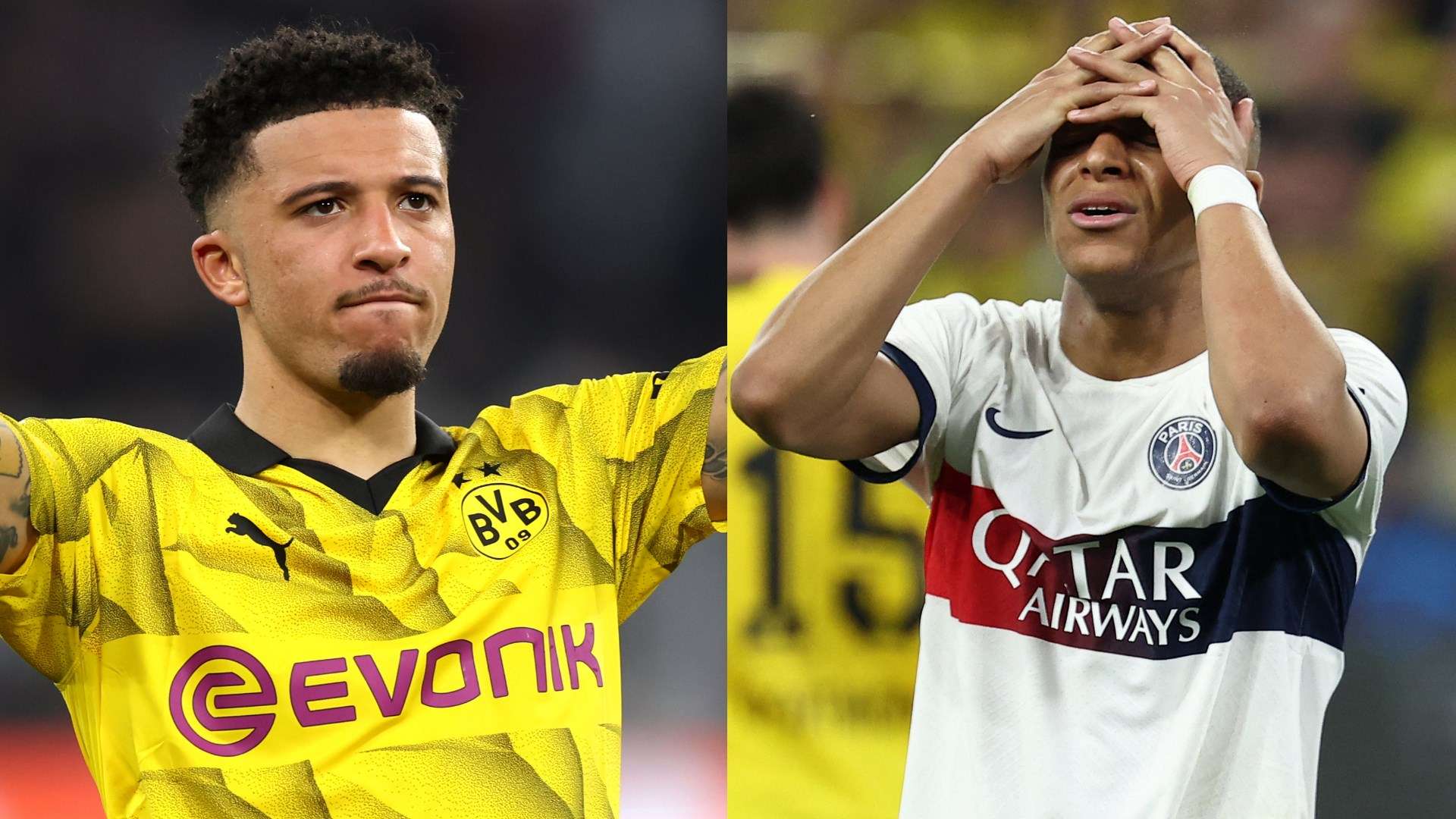
Marcus Rashford, a name that echoes in the world of football, has experienced highs and lows throughout his career. With millions of followers on social media, he has faced vast amounts of criticism, sometimes overshadowing his achievements. In February 2023, negative press coverage reached new heights, with a surge of comments targeting him for both his performance on the field and his activism off it. The combination of being a top athlete and an outspoken advocate for social issues makes Rashford a magnet for scrutiny.
The Pressure of High Expectations
Rashford’s meteoric rise and the burden of early success

Rashford burst onto the scene as a teenager, dazzling fans with his skill and speed. His early goals not only won matches but also placed him in the spotlight. Such a swift rise comes with immense pressure. How do we measure success for someone who reached stardom so quickly?
Comparison to other young stars who faced similar scrutiny

Many young athletes like Kylian Mbappé and Jadon Sancho know this pressure all too well. Each rising star faces intense scrutiny. When their performance dips, criticism often follows, creating a cycle of expectations and disappointments.
Statistical analysis of Rashford’s performance compared to expectations
From 2020 to 2023, Rashford’s performance statistics fluctuated. During this period:
- Goals Scored: An impressive 22 in one season dwindled to 6 the next.
- Assist Rate: His assist rate saw similar variance, causing fans to voice their frustration as he failed to meet earlier benchmarks.
On-Field Performance and Public Perception
Examining periods of exceptional form and significant dips in performance
Rashford has experienced seasons where he shone brightly, scoring crucial goals. However, there have also been dry spells that fueled public criticism. Fans often forget the incredible moments when faced with a series of disappointing matches.
Analyzing the impact of injuries on his consistency and subsequent criticism
Injuries have significantly impacted his game. After suffering a shoulder injury in 2021, he struggled to regain his form. Critics were quick to point fingers, blaming his slump on lack of effort rather than acknowledging his struggles.
Examples of specific games or seasons that fueled negative commentary
Key moments include:
- 2021 FA Cup Final: A missed penalty that haunted him for months.
- 2022 Premier League Season: Struggles against lower-ranked teams raised eyebrows.
Rashford’s Activism and its Critics
Highlight Rashford’s key charitable initiatives and public stances
Off the field, Rashford has been a champion for children’s rights, especially regarding food insecurity. His campaigns helped secure free school meals for vulnerable children in the UK.
Examples of criticism leveled against his activism and its impact
While many praise his efforts, others view them through a negative lens. Critics argue he should focus solely on football and accuse him of being an “activist” instead of a player.
Discussion on the intersection between athletic performance and social activism
It can be challenging for athletes to balance performance and activism. Rashford’s dual role reflects a broader trend where athletes use their platform to address societal issues. Yet, with this comes the risk of backlash from those who disagree.
The Role of Social Media in Amplifying Criticism
Statistical data illustrating the volume and nature of online criticism towards Rashford
Rashford’s social media engagement reaches millions. A report showed that 70% of comments about him are negative, especially after a poor performance. The anonymity of the internet emboldens critics, leading to relentless attacks.
Analysis of how social media algorithms contribute to the spread of negativity
Social media algorithms often promote content that generates strong reactions. This means negative comments can go viral, amplifying Rashford’s critics and creating an echo chamber of discontent.
Examples of particularly damaging social media narratives or campaigns
High-profile campaigns, such as #RashfordOut, illustrate the dark side of fandom. These movements can quickly gain traction and severely impact an athlete’s mental health.
Handling Criticism: Strategies for Rashford and Other Athletes
Strategies for managing public image and navigating online negativity
Navigating criticism requires a robust strategy. Rashford could benefit from focusing on positivity, engaging with supportive fan messages, and promoting mental health awareness.
Examples of athletes who have successfully navigated similar challenges
Athletes like Serena Williams and LeBron James face criticism but have developed a thick skin by promoting their achievements and mental wellness initiatives.
Importance of a strong support system for mental well-being
Having a support system—friends, family, or mental health professionals—plays a crucial role. This network can help athletes process criticism and maintain focus on their goals.
The Future for Rashford and the Nature of Public Scrutiny
Predictions about Rashford’s future career trajectory
Looking ahead, Rashford’s journey may continue to be a rollercoaster. With potential transfers and contract negotiations on the horizon, how he handles criticism today could shape his tomorrow.
Discussion on the broader implications of intense public scrutiny on athletes
The nature of public scrutiny won’t change. Athletes will always be under the microscope. Understanding this reality can help them prepare for the highs and lows of fame.
Concluding thoughts on the complexities of fame and its inherent criticisms
Fame has its perks but brings criticism too. The balance between sporting excellence and social impact can make or break a public figure.
Conclusion
In summary, Marcus Rashford stands as a remarkable figure in sports, yet he faces relentless criticism stemming from his profile and activism. The multifaceted nature of his challenges—on-field performance, public perception, and social activism—creates a complex tapestry of scrutiny. As he navigates these waters, the relationship between performance and public opinion remains ever-critical. How we perceive athletes like Rashford may shape not only their legacies but also influence the next generation of sports icons. The conversation about fame, performance, and activism needs to continue, encouraging both understanding and support for those brave enough to stand in the spotlight.


